|
Happy Healthy Eating is a free mini guide that explores how food and nutrition impact our mood. Included are foods to eat, nutrients to fortify, and ways of controlling eating habits for cultivating happiness and coping with depression. Read the images below or skip to the bottom for a text transcription of the whole guide. Physical copies are available in our Etsy Shop or check out our Books and Zines for more empowering and motivational guides. My other mini mental health guides include Happy Healthy Suffering, Happy Healthy Habits, and Happy Healthy Checklist.
Transcription Introduction Food and nutrition are deeply tied to mental and physical health. Eating well and fortifying the proper vitamins and minerals can greatly improve symptoms of depression and anxiety. If you can afford it, getting a nutrient test is a good starting point on understanding where your diet could use some some improvement. This guide is derived from chapter 7 of The Happiest Choice: Essential Tools for Everyone's Brain Feelings. You can learn more about my book and the science of happiness at www.sageliskey.com Please note that while the information contained herein is researched and has worked for me, I am not a medical professional and none of this is meant to be medical advice. As such I do not guarantee the accuracy of the information presented and disclaim liability for errors and omissions. Basics of Healthy Eating Depending on your body type, age, and race, you may need a slightly different diet than others, but there are general guidelines to healthy eating: always stay hydrated with water, eat breakfast, don't eat within 3 hours of going to sleep, consume a wide assortment of cooked and raw whole foods with a variety of color, eat at regular times throughout the day, eat your largest meal for lunch, avoid heavily processed foods such as white bread and sweets, eat local and organic, and maintain healthy gut bacteria by eating fermented foods and prebiotics. Nutrients to Fortify for Anxiety and Depression Deficiencies that may increase the chance of experiencing depression or anxiety include vitamins B1, B2, B6, B9, B12, C, and D, as well as Calcium, Iron, Magnesium, Phosphorus, Potassium, Omega-3 Fatty Acid, Selenium, and Zinc. Of these, three of the most common deficiencies that people fortify in their diet are Vitamin D, Vitamin B12, and Omega-3 Fatty Acid. Vitamin D is synthesized when sunlight strikes the skin between 10AM and 3PM but may be blocked by clothing, sunscreen, clouds, and even the atmosphere during winter in latitudes above 37 degrees, It is also in fish and a less potent form, D2, is in some plants. Vitamin B12 only reliably comes from animal sources unless supplemented. It loses efficacy in light, oxygen, and acid or alkali environments, and may be lost in water or meat juices in cooking. Omega-3 Fatty Acid has a whole range of health benefits and is found in flax seeds, fish, walnuts, and soybeans. It is heat sensitive and is best fortified while reducing your consumption of omega-6 fatty acids from fats like corn, safflower, sunflower, and canola oils. Anti-Inflammatory Diet Some doctors associate depression with inflammation and have found that an anti-inflammatory diet can help reduce symptoms. Anti-inflammatory foods include berries, onions, garlic, broccoli, apples, almonds, olive oil, turmeric (when combined with pepperine or black pepper), anti-oxidant rich foods, and omega-3 fatty acids. Inflammatory foods include omega-6 fatty acids, trans fats, saturated fat from meat and dairy, sugar, refined grains such as white bread and pasta, alcohol, gluten, and anything you are allergic to. To test for food allergens get a test done or go on an exclusion diet. Eating Intentionally Changing your diet can be really difficult so here are some tips to help control your eating habits: eat meals at scheduled times throughout the day, give away unhealthy food gifted to you as a present to someone else or the compost, say a mantra 50 times such as “I love myself so I do not eat ____” or “I feel really bad when I eat ____”, drink water especially if you feel hungry after you recently ate, eat slowly and focus wholly on the flavor and texture of the food, only buy whole foods which have not been heavily processed, consider the amount of money saved not buying processed foods, grow your own food, refrigerate leftovers rather than overeating, learn about how habits work, and take on a label such as sugar free or vegetarian.
1 Comment
The brain and body need nutrients. Without them all sorts of health problems may arise, including unhappiness, stress, anxiety, and depression. It's not so simple as taking a pill or eating healthfully though, some foods need to be combined with others to have the nutrients absorb properly. Even when foods or supplements with the right nutrients are consumed, genetic conditions can prevent these nutrients from being processed and used in the body. 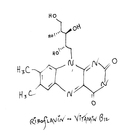 Kerri Hall Kerri Hall Nutrient Deficiencies Related to Mood In one study, most subjects diagnosed with bipolar or severe depression were found to lack one or more of the following: fiber, α-linolenic (omega-3 fatty acid) and linoleic acid (omega-6 fatty acid), the B vitamins including thiamin (vitamin B1), riboflavin (vitamin B2), niacin (vitamin B3), pantothenic acid (vitamin B5), vitamin B6 (pyridoxine), folate (vitamin B9), and vitamin B12, vitamin C, calcium, magnesium, potassium, iron, phosphorus, and zinc (Davison K Michelle). Nearly all of these vitamins and minerals are well established in maintaining healthy brain function. Other nutrients that play a role in mood and depression include vitamin D and selenium. The B vitamins and vitamin C are water soluble, while vitamins A, D, E, and K are fat soluble (Corbett). Water soluble vitamins need to be regularly replenished while fat soluble vitamins store in the body and slowly release. Fat soluble vitamins also are better absorbed when consumed with fat. Recommended Daily Allowances (RDA) In the United States most people base their nutrient intake on recommended daily allowances (RDAs). The RDAs seen on food packaging are the recommended minimum nutrient intake of vitamins and minerals to be healthy, which means you can take more of most nutrients without negative side effects. It is rare to get too much of a nutrient eating whole foods, but if you begin taking supplements, follow the serving sizes and directions to prevent overdosing. 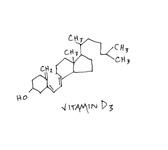 Kerri Hall Kerri Hall Nutrient Testing Any nutrient deficiency can cause problems, so consider having a medical professional test your nutrient levels. They may instruct you to supplement with a multivitamin or eat more of certain foods. A wholesome diet with lots of variety will get you most of the nutrients you need to be healthy, but food and how each individual’s body processes it is complex, so deficiencies may still arise. Furthermore, nutrients from fruit and vegetables are dependent upon the soil they are grown in. A deficiency in the soil means a deficiency in the food grown. If possible, get to know your local farmer and ask them how they grow your food. It’s for your health! Genetics and Nutrient Malabsorption
Note that fortifying nutrients you are deficient in after a nutrient test may not be enough. Several genetic conditions and diseases cause malabsorption and prevent your body from optimal mental and physical health. Therefore a second nutrient test or genetic testing is necessary to know if these nutrients are being absorbed properly. Genetic testing is sometimes necessary because a nutrient test will show the body having plenty of a nutrient, but it won't be using the nutrient at all. For instance, folate, or vitamin B9, may not be processed into its usable form, L-methylfolate, due to a genetic abnormality, and in turn heightens the potential for experiencing depression (Nelson). Once diagnosed by a medical professional, individuals may be given a L-methylfolate supplement. Further Reading Search The World's Healthiest Foods website for foods rich in the nutrients listed above. Sources
From The Happiest Choice
A low level of vitamin D is often associated with seasonal affective disorder (SAD). SAD is a form of depression caused when a person does not get enough vitamin D, often during the winter months. A person can become vitamin D deficient any time of the year by not getting outside enough, or by wearing too much sunscreen or clothing. Skin color also affects the body’s uptake of vitamin D with lighter skinned people absorbing more. The Office of Dietary Supplements recommends exposure to the outside for 5-30 minutes at least twice per week to absorb enough of the nutrient when sunlight is available, and for people with darker skin to supplement when there is little sunlight (Dietary). Vitamin D does store up in the body, so it is possible with enough fall, spring, and summer sun exposure to last through a cloudy or shut-in winter, but more than likely you will have to supplement. The skin synthesizes vitamin D when struck with UVB rays from the sun (Holick). However, UVB rays only penetrate the atmosphere when the sun is at certain angles. In places with a latitude above 37 degrees, UVB rays normally do not reach Earth's surface during the winter months. Even during the summertime, UVB rays only pass through between the hours of 10:00 AM and 3:00 PM, so be sure to expose yourself to the sun during these times. Vitamin D is actually a hormone that exists in two forms, D2 and D3 (Crowther). In food D2 comes from plants like sunflower seeds, leafy greens, avocados, and carrots, and D3 comes from animal sources like mackerel, herring, salmon, liver, and lanolin (sheep’s wool oil is often used as a D3 supplement). D3 is the same molecule synthesized when skin is exposed to sunlight. Because D2 must become D3 in the body, D2 is only utilized one-third as well as D3 (Laura). To supplement, you can buy liquid drops, pills, or get a shot. Consuming fish oil is another option and includes the antidepressant omega-3 fatty acid. ---------------------------------- Bibliography: Crowther, Penny. "Vitamin D: Why We Need More Of The Sunshine Vitamin." Positive Health 167 (2010): 1. Alt HealthWatch. Web. 20 Feb. 2012. "Dietary Supplement Fact Sheet: Vitamin D." Office of Dietary Supplements. National Institutes of Health. USA.gov. No date. Web. 15 Jul 2012. Holick, Michael F. "Sunlight and vitamin D for bone health and prevention of autoimmune diseases, cancers, and cardiovascular disease." The American Journal of Clinical Nutrition 80.6 (Dec. 2004): 1678S-1688S. Web. 7 September 2013. Laura A. G. Armas, et al. “Vitamin D2 Is Much Less Effective than Vitamin D3 in Humans.” The Journal of Clinical Endocrinology & Metabolism Vol. 89 Number 11 (Nov. 2004) 5387-5391. doi: 10.1210/jc.2004-0360. Web. 22 Jul. 2012. ***Medical Disclaimer*** I am not a medical professional and none if this is meant to be medical advice. While I try my best to maintain credibility in the research I do, there is always room for error. Do your own research and check in with your doctor! |
About Me
Hi! My name is Sage Liskey, the founder of the Rad Cat Press. I grew up seeing a lot of the disturbing, toxic, and unhealthy sides of American culture, and I wanted to do something to change it. Since 2010 I have been writing books and zines (booklets) focused around uplifting lives and reimagining society, with a primary focus in mental health and empowerment. I believe a better world is possible, so I hope you feel inspired and a little more fulfilled from what you find here. Read on about my mission.
Subscribe to my Patreon here for lots of great perks including e-books of all my work, discounts, member's-only content, access to my digital library, and much more!
My Books and Zines
Instagram
Upcoming Events
Categories
All
Archives
August 2023
|
|
© 2022 -- Sage Liskey. All rights reserved
RadCatPress@Gmail.com |

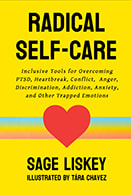


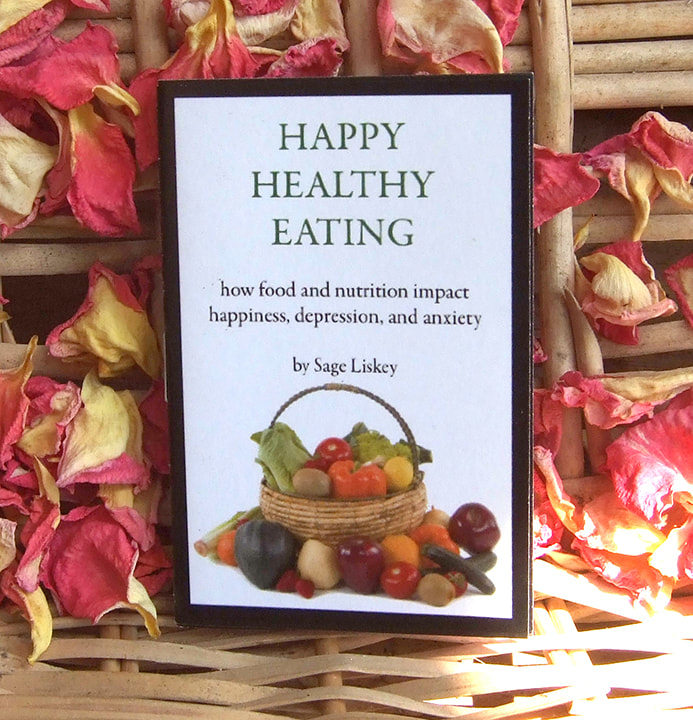
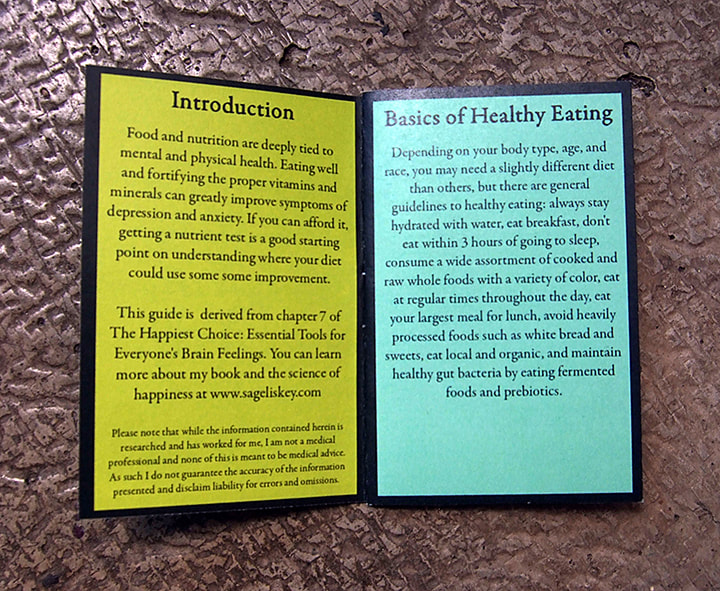
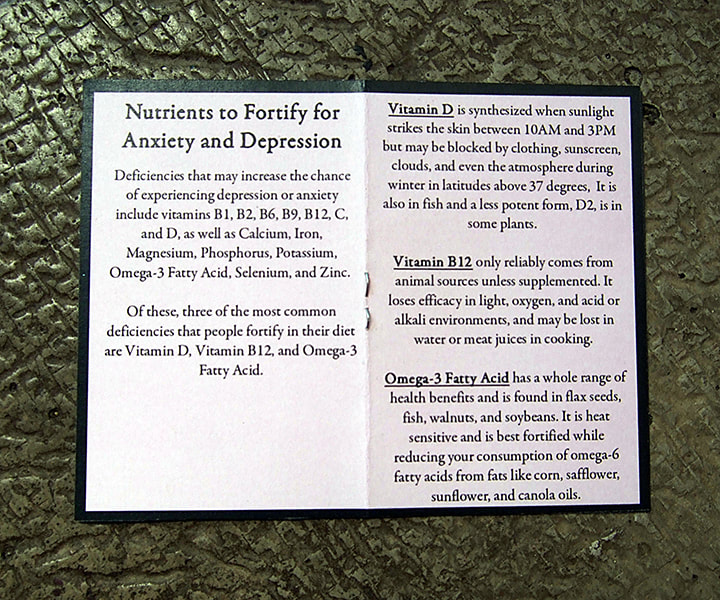
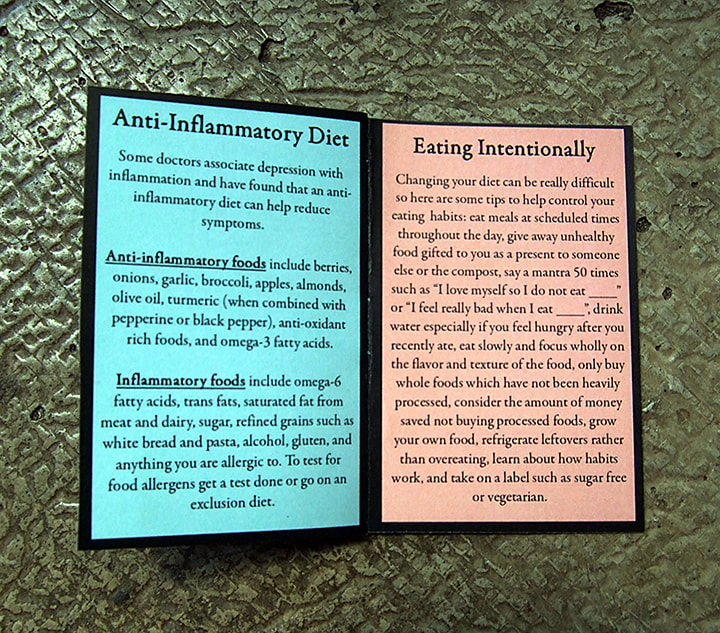
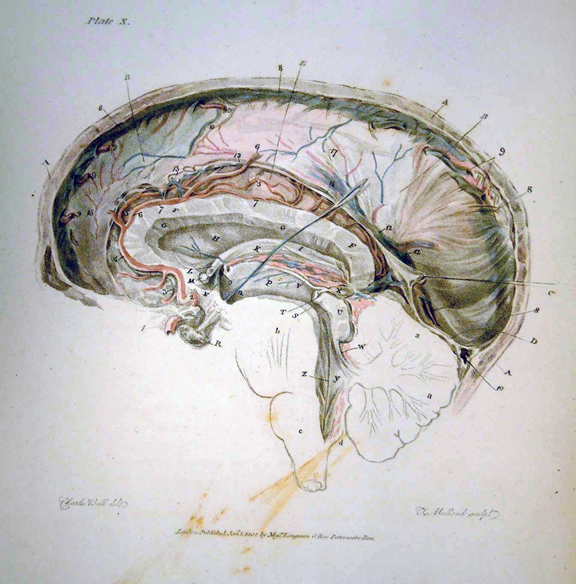


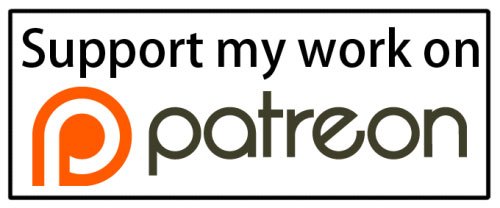


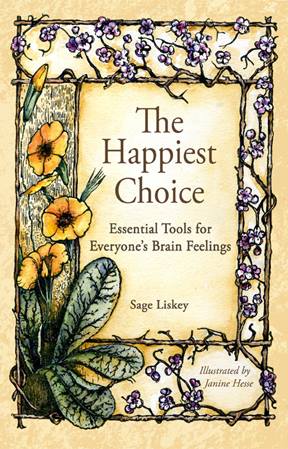

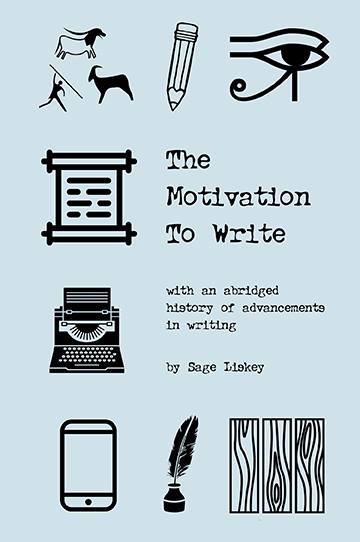
 RSS Feed
RSS Feed